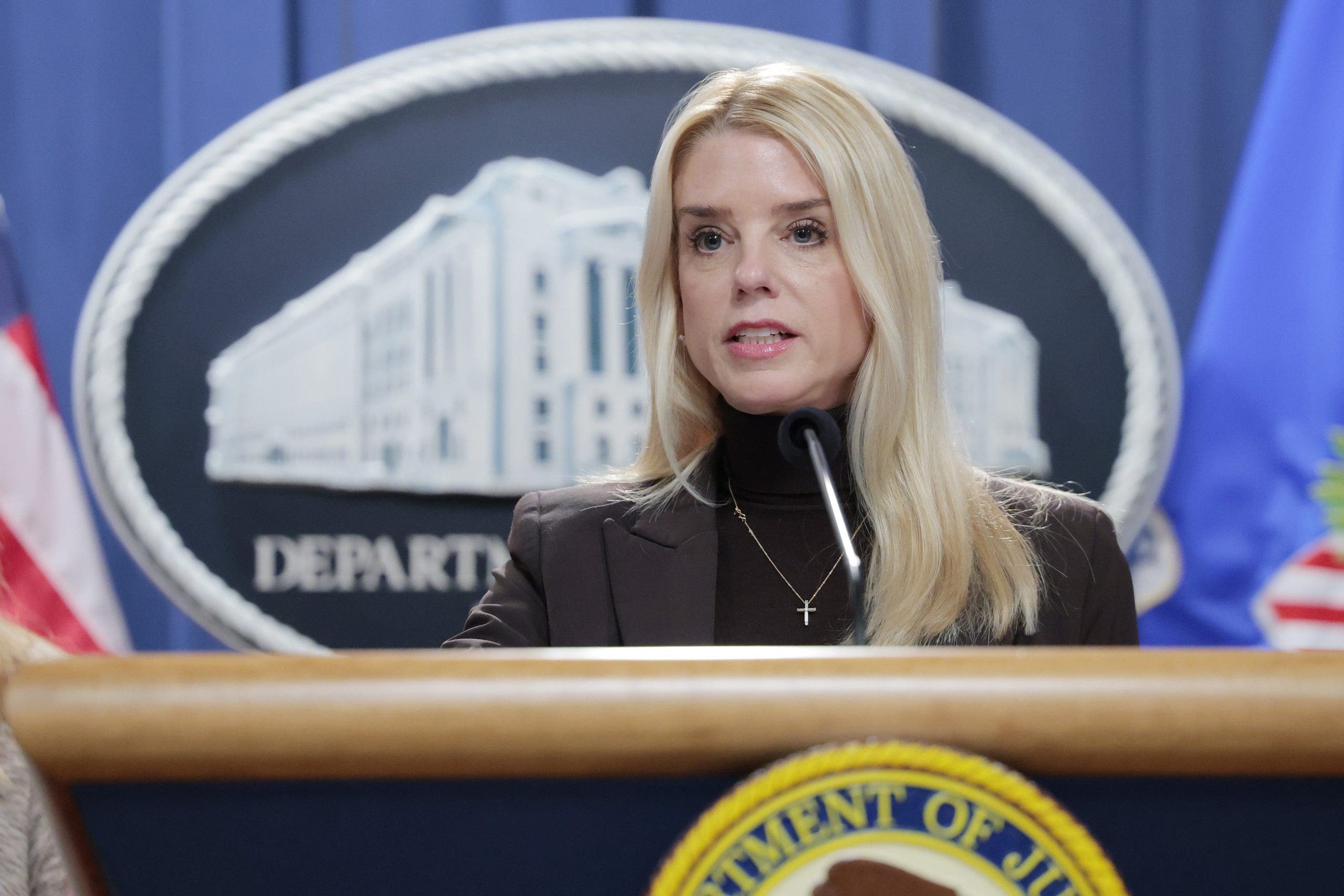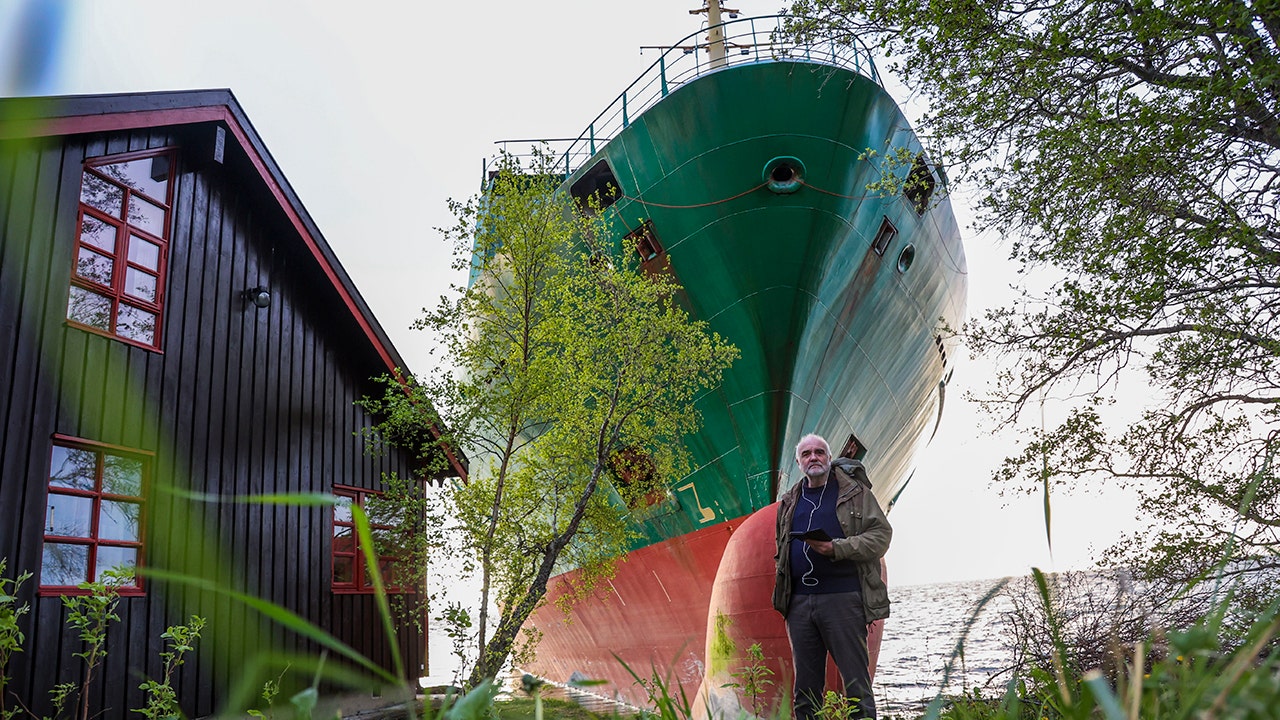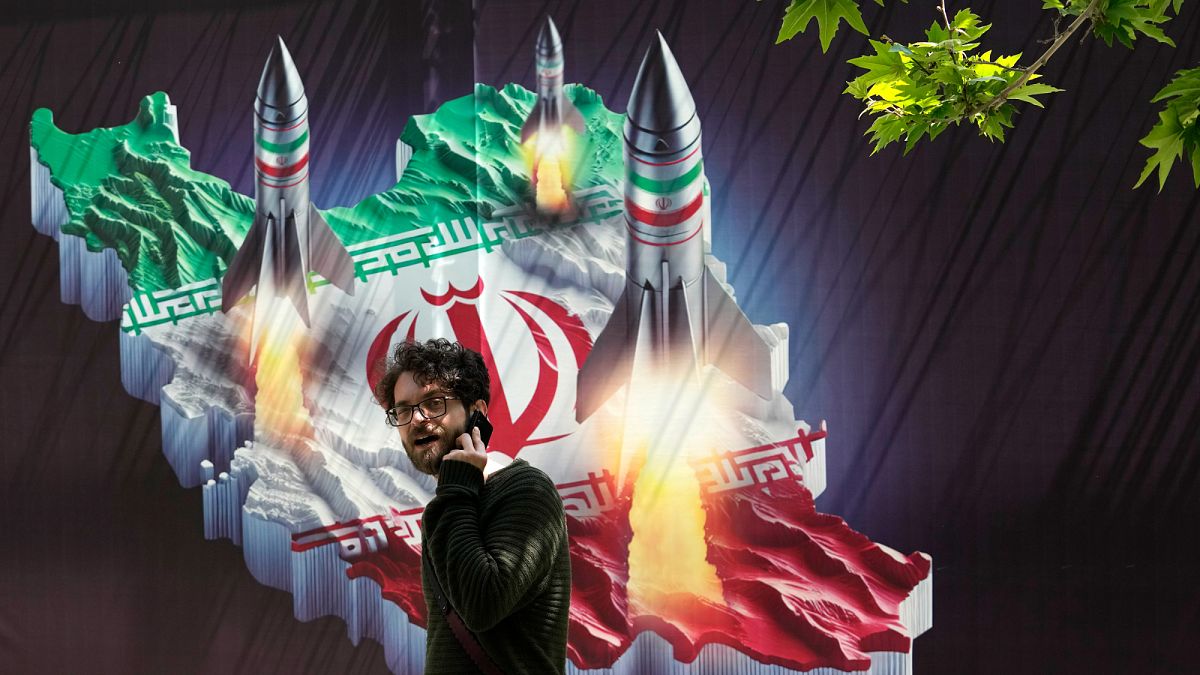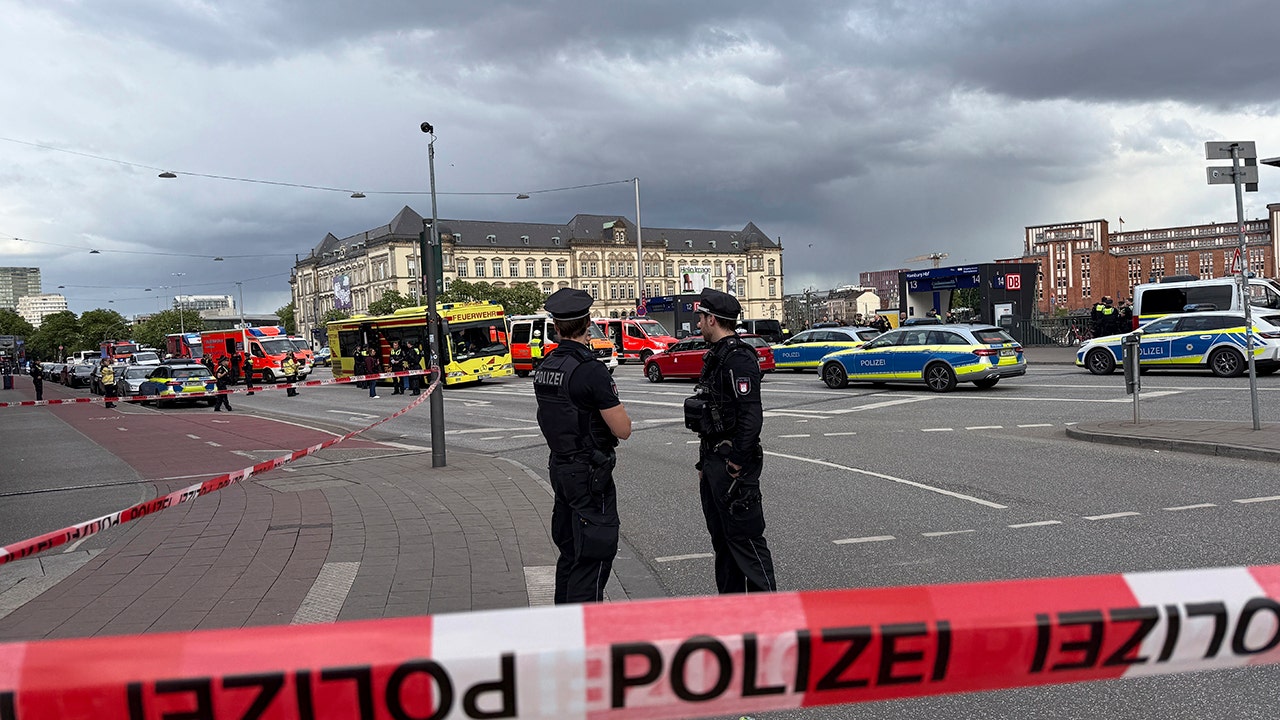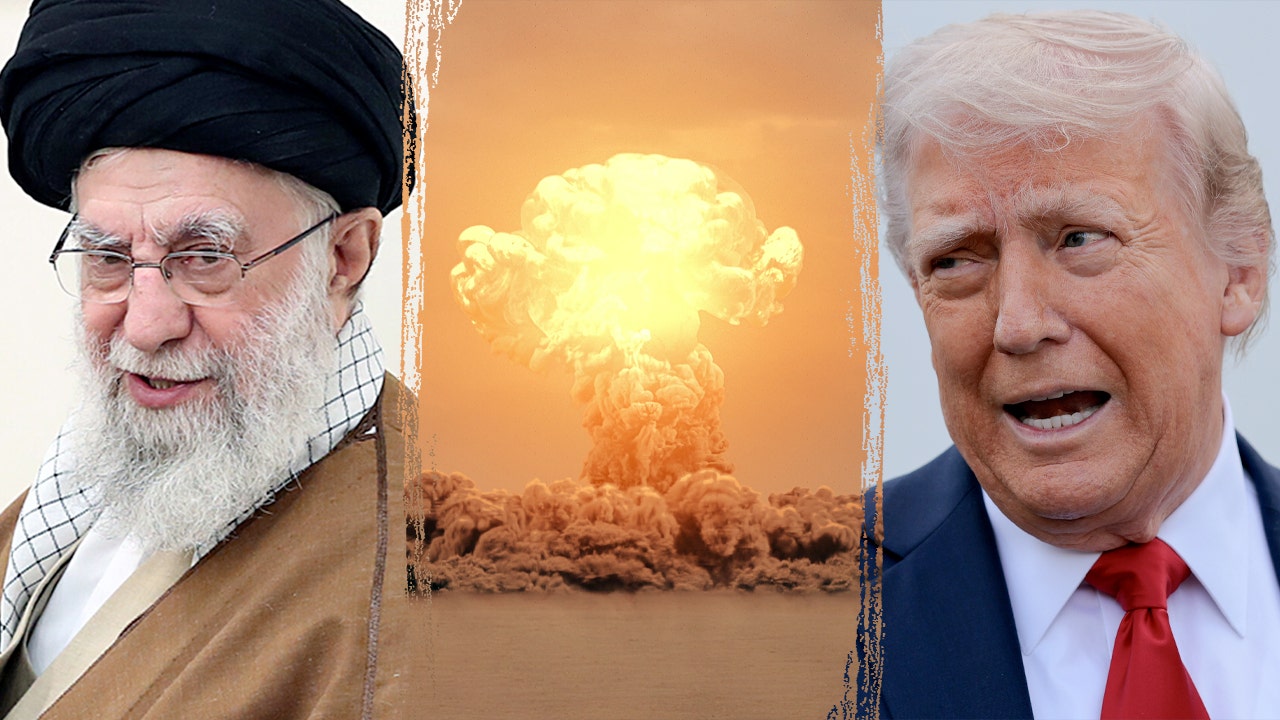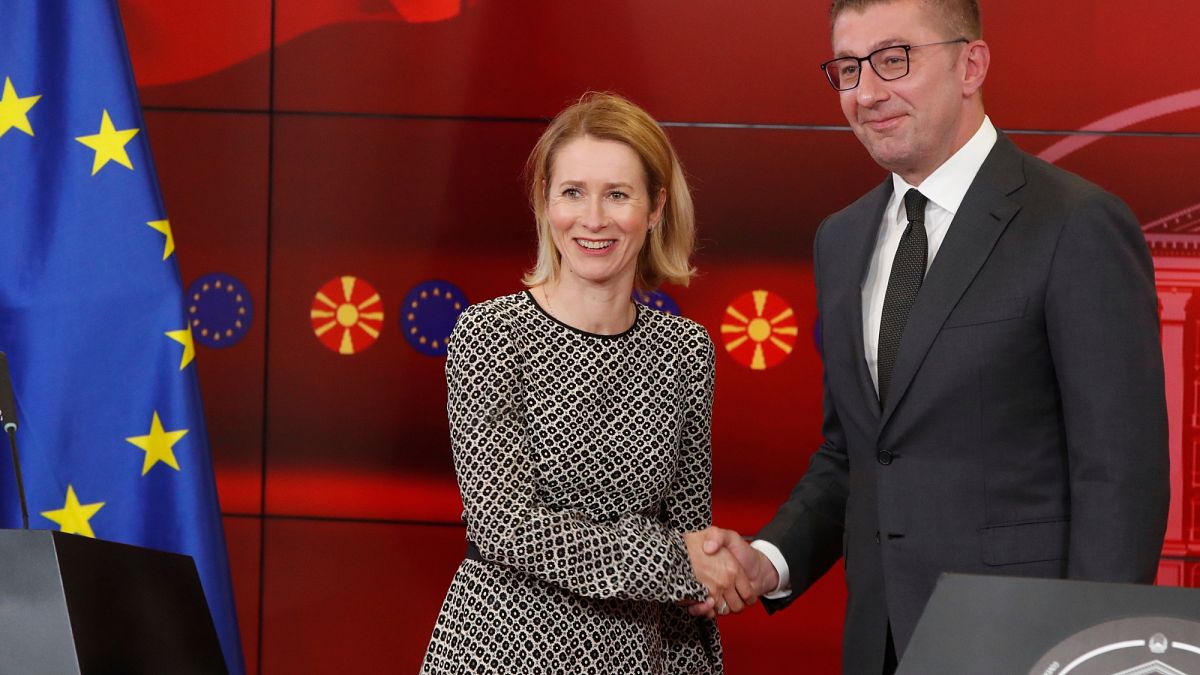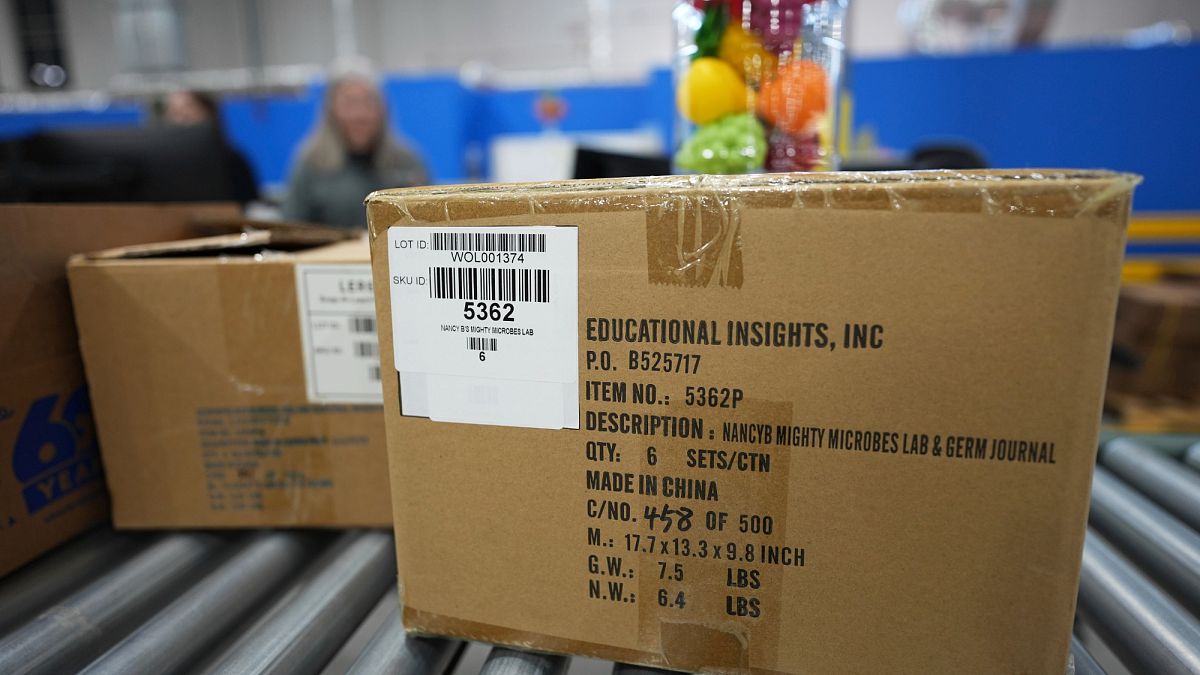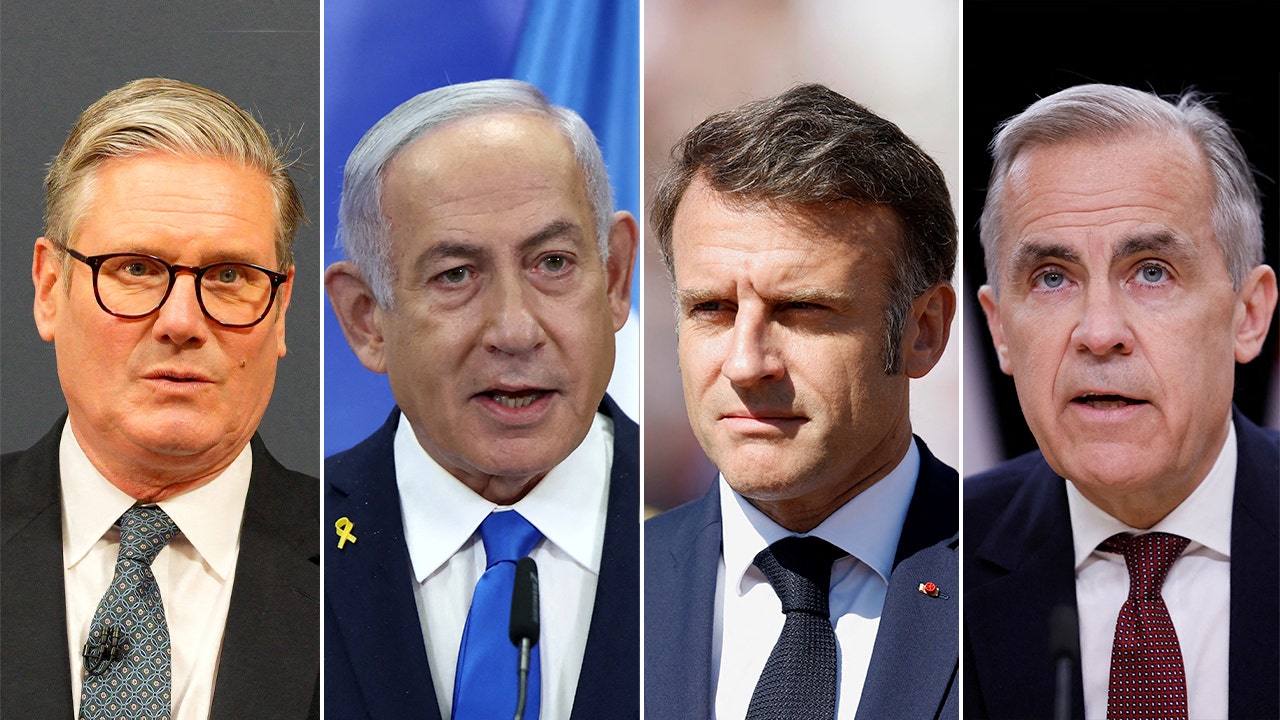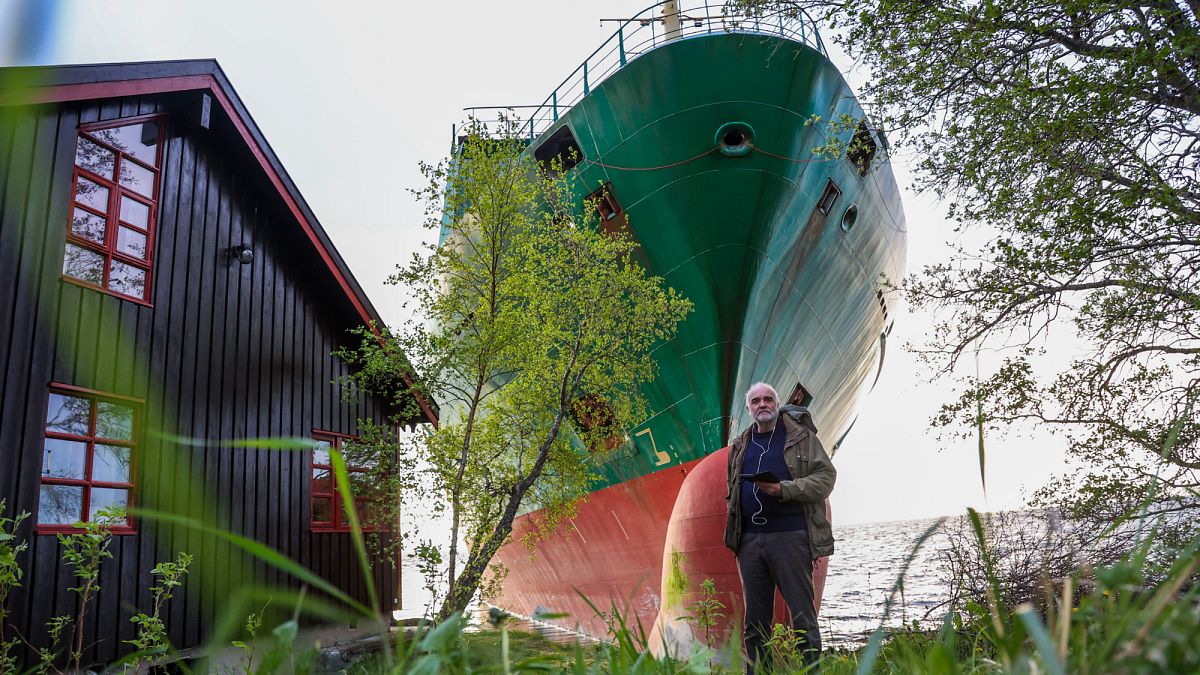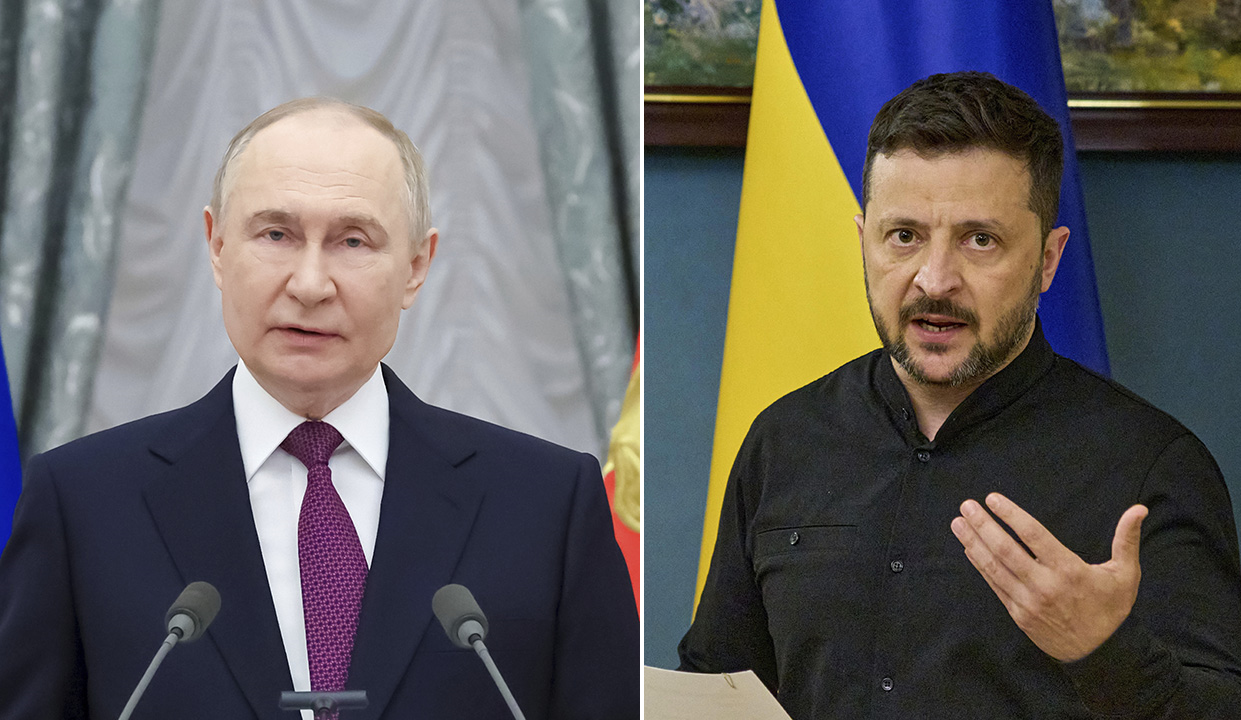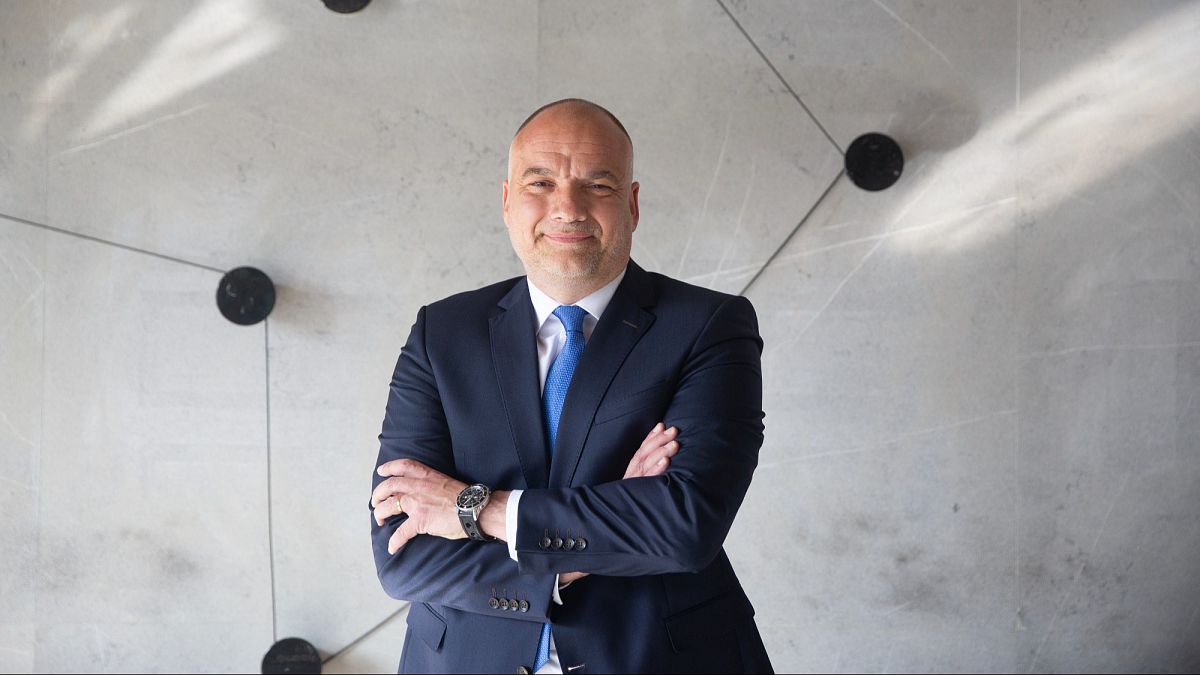Iran and the United States made “some but not conclusive progress” in the fifth round of negotiations in Rome over Tehran’s rapidly advancing nuclear programme, Oman’s mediator has said.
The remarks by Badr al-Busaidi suggested the negotiations between the two sides would continue.
But blocking progress is Washington’s demands that Iran completely stop enriching uranium, something Tehran has called a “red line” and insists its programme must continue.
“The fifth round of Iran US talks have concluded today in Rome with some but not conclusive progress,” al-Busaidi wrote on X.
“We hope to clarify the remaining issues in the coming days, to allow us to proceed towards the common goal of reaching a sustainable and honourable agreement.”
Iran’s Foreign Minister Abbas Araghchi told Iranian state television after the talks that al-Busaidi presented ideas that will be conveyed to the two nations’ capitals “without creating any commitments for either side.”
“These negotiations are too complex to be resolved in just two or three meetings,” he said. “I am hopeful that in the next one or two rounds — especially given the better understanding of the Islamic Republic’s positions — we can reach solutions that allow the talks to progress.”
The US was again represented by Middle East envoy Steve Witkoff and Michael Anton, the State Department’s policy planning director.
They had no immediate comment afterwards, but the Iranian side said Witkoff left early from the negotiations which were held at the Omani Embassy.
Enrichment a key sticking point
The talks seek to limit Iran’s nuclear program in exchange for the lifting of some of the crushing economic sanctions the US has imposed.
President Donald Trump has repeatedly threatened to launch air strikes targeting Iran’s nuclear facilities if a deal isn’t reached.
Iranian officials meanwhile increasingly warn they could pursue a nuclear weapon with their stockpile of uranium enriched to near weapons-grade levels.
“Iran almost certainly is not producing nuclear weapons, but Iran has undertaken activities in recent years that better position it to produce them, if it chooses to do so,” a new report from the US Defence Intelligence Agency said.
“These actions reduce the time required to produce sufficient weapons-grade uranium for a first nuclear device to probably less than one week.”
However, it likely still would take Iran months to make a working bomb, experts say.
Enrichment remains the key point of contention. Witkoff at one point suggested Iran could enrich uranium at 3.67%, then later began saying all Iranian enrichment must stop.
That position on the American side has hardened over time.
Asked about the negotiations, State Department spokesperson Tammy Bruce said “we believe that we are going to succeed” in the talks and on Washington’s push for no enrichment.
One idea floated so far that might allow Iran to stop enrichment in the Islamic Republic but maintain a supply of uranium could be a consortium in the Middle East backed by regional countries and the US.
There also are multiple countries and the International Atomic Energy Agency offering low-enriched uranium that can be used for peaceful purposes by countries.
However, Iran’s Foreign Ministry has maintained enrichment must continue within the country’s borders and a similar fuel-swap proposal failed to gain traction in negotiations in 2010.
Meanwhile, Israel has threatened to strike Iran’s nuclear facilities on their own if it feels threatened, further complicating regional tensions already spiked by the war in Gaza.
Araghchi warned earlier this week that Iran would take “special measures” to defend its nuclear sites if Israel continued to threaten them, while also warning the US it would view it as complicit in any Israeli attack.
The landmark 2015 nuclear deal with world powers, known as the Joint Comprehensive Plan of Action (JCPOA), capped Tehran’s enrichment level at 3.67% and reduced its uranium stockpile to 300 kilograms.
That level is enough for nuclear power plants, but far below weapons-grade levels of 90%.
Since the deal collapsed in 2018 with Trump’s unilateral withdrawal of the US from the accord, Iran has abandoned all limits on its programme and enriched uranium to up to 60% purity, a short, technical step from weapons-grade levels.
Read the full article here





